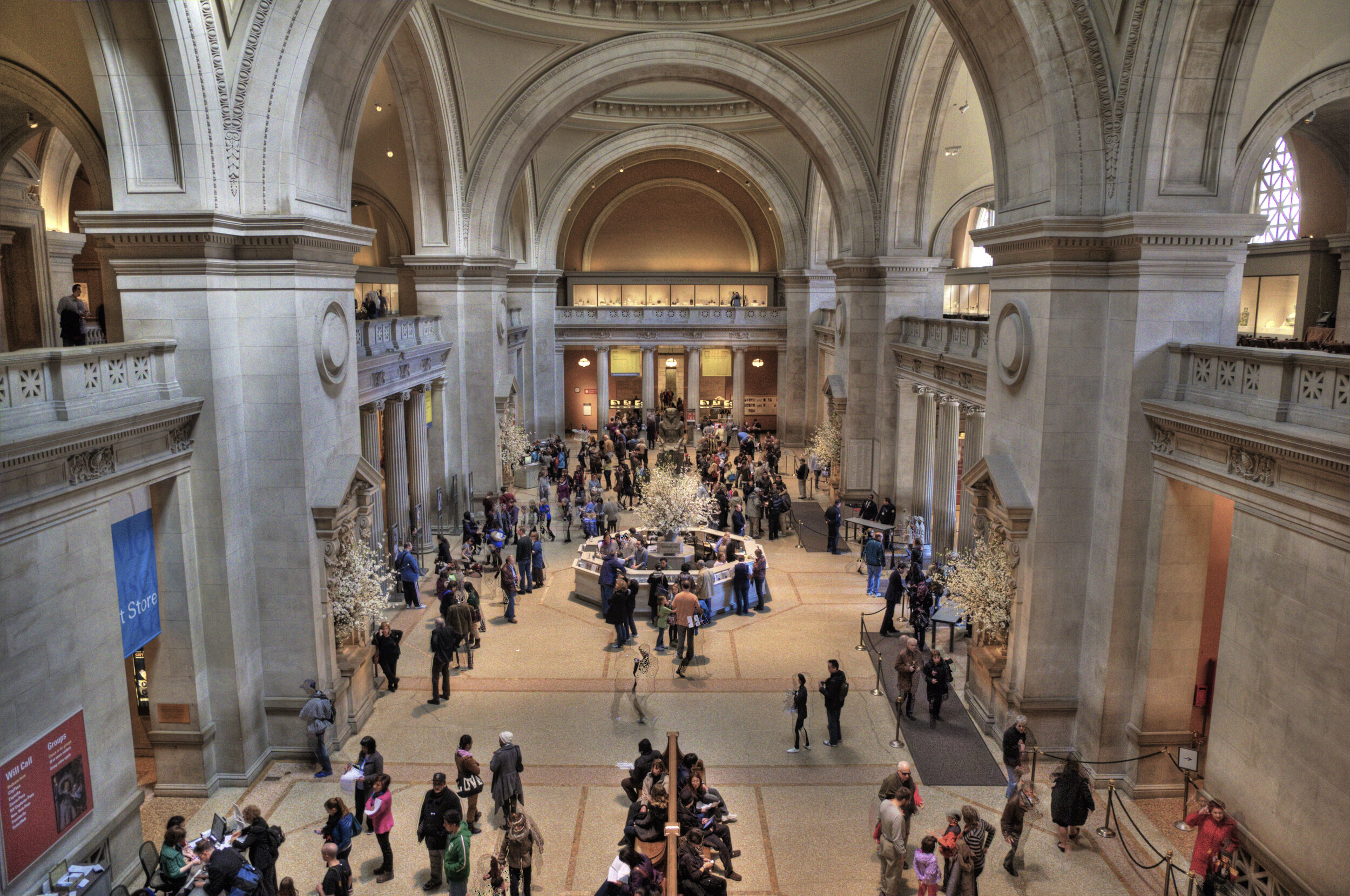Before I went to Sarah Lawrence College, I attended Trinity College in Washington, D.C., an excellent school that set me on the path of cultural writing. Among my professors was a contrary sort who taught philosophy. He was married to a well-known feminist, but despite this — or perhaps because of it — he liked to confound his logic class in this women’s college by proclaiming women were illogical and that no one would ace or even pass the course unless he graded on a curve. (I used to sit there, praying, “Please let him grade on a curve. Please let him grade on a curve.”)
The professor bewitched, bothered and bewildered the diverse class, which included everyone from Irish nuns to the daughters of Iranian diplomats — with Aristotelean syllogisms and thought experiments like the following.:
Say New York City is under threat of annihilation, and the only thing that will save it is the sacrifice of one man. Do you sacrifice the one man? The answer, which thrust the class into paroxysms of frustration, outrage and utter revolt, is that you can’t. Each life, our professor said, is worth the same as any other. — or millions of others. Life cannot be quantified. As Soviet dictator Josef Stalin is said to have observed — although he may not have meant it the way my professor did — “One man’s death is a tragedy. Twenty million (the number of Russian who died in World War II) is a statistic.”
I thought about all this when I read Ross Douthat’s New York TImes column on American bishops’ threatening to withhold Holy Communion from Roman Catholic politicians who are pro-choice, like President Joe Biden.
Read more…
Read More





